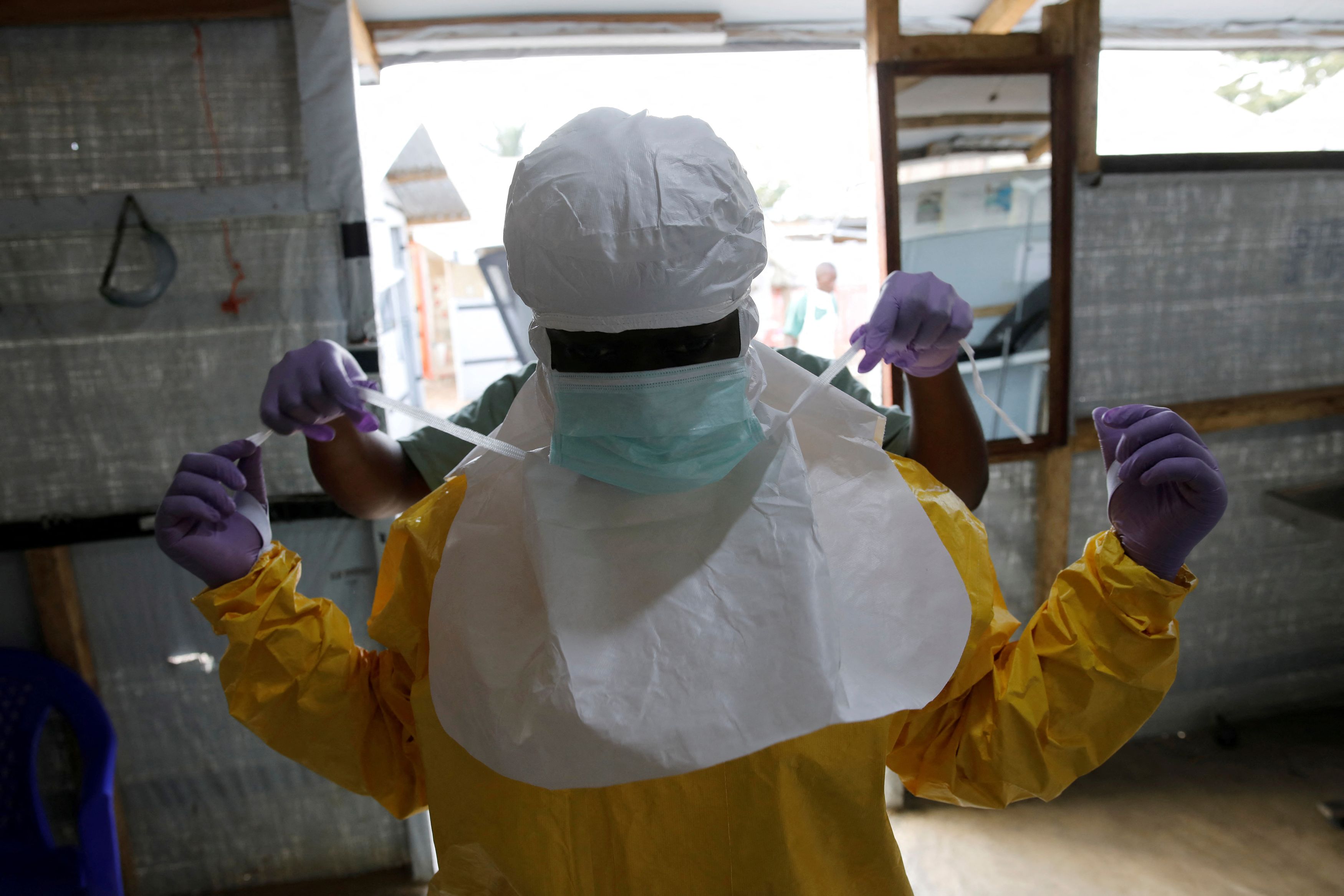15 Dead: New Ebola Outbreak Stirs Alarm in DRC
The Impact of the Ebola Outbreak
As the Democratic Republic of Congo (DRC) grapples with its 16th Ebola outbreak, the toll of the deadly virus continues to climb. Despite local and international efforts to curb the spread, at least 15 individuals, including four brave health care workers, have succumbed to the disease. This tragedy not only highlights the lethality of the virus but also underscores the critical role of healthcare workers on the frontline.

A Historical Perspective on Ebola in the DRC
The DRC has faced numerous Ebola outbreaks since the virus was first identified in 1976. These recurrent episodes highlight the need for robust health infrastructure and community education. Public health specialists point to a combination of factors, including dense populations and limited medical resources, as perpetuating challenges.
"The fight against Ebola requires not only resources but a collective commitment to sustainability," Dr. Tedros Adhanom Ghebreyesus, WHO Director-General.
Response Strategies and Control Measures
The government, alongside international organizations, is implementing various strategies to contain the virus. This includes public health campaigns, enhanced monitoring, and vaccine distribution. However, challenges remain due to the remote geography and instability in certain regions of the DRC.
- Vaccination drives using the Ebola vaccine, which has shown efficacy in controlling outbreaks.
- Community engagement to promote hygiene practices and awareness.
- Deploying rapid response teams to affected areas for immediate intervention.
Enhancing Future Preparedness
Looking ahead, there's an urgent need for increased funding and research focused on emerging infectious diseases. The role of technology and science is crucial. Innovations in virology and global health strategies are paving the way for more resilient health systems. For instance, live webinars and educational resources like educational YouTube content offer valuable insights.
Global Collaboration and Support
International cooperation is vital for combating Ebola and other infectious diseases. Various countries and organizations continue to offer support and expertise. This includes the use of advanced technology and sharing of critical resources. Organizations like Médecins Sans Frontières and the Africa CDC are at the forefront, pushing for collaborative approaches.
For related insights and opportunities to contribute, visit official pages on platforms like LinkedIn.
Addressing Misconceptions and Fears
Misinformation can exacerbate outbreaks, making it imperative to combat myths through transparent communication. Engaging with credible sources like professional media outlets and experts helps build public trust. As fear often accompanies outbreaks, ensuring accurate dissemination of facts is crucial.
Trusted voices on social media and mainstream media can play an essential role in reshaping public perception. Following thought leaders in health on platforms like Twitter can provide real-time updates and insights.

For those interested in understanding the biology of viruses or looking to study infectious diseases more extensively, books and resources on Amazon provide a wealth of knowledge. Consider exploring this biographical account on Ebola for a detailed perspective.
